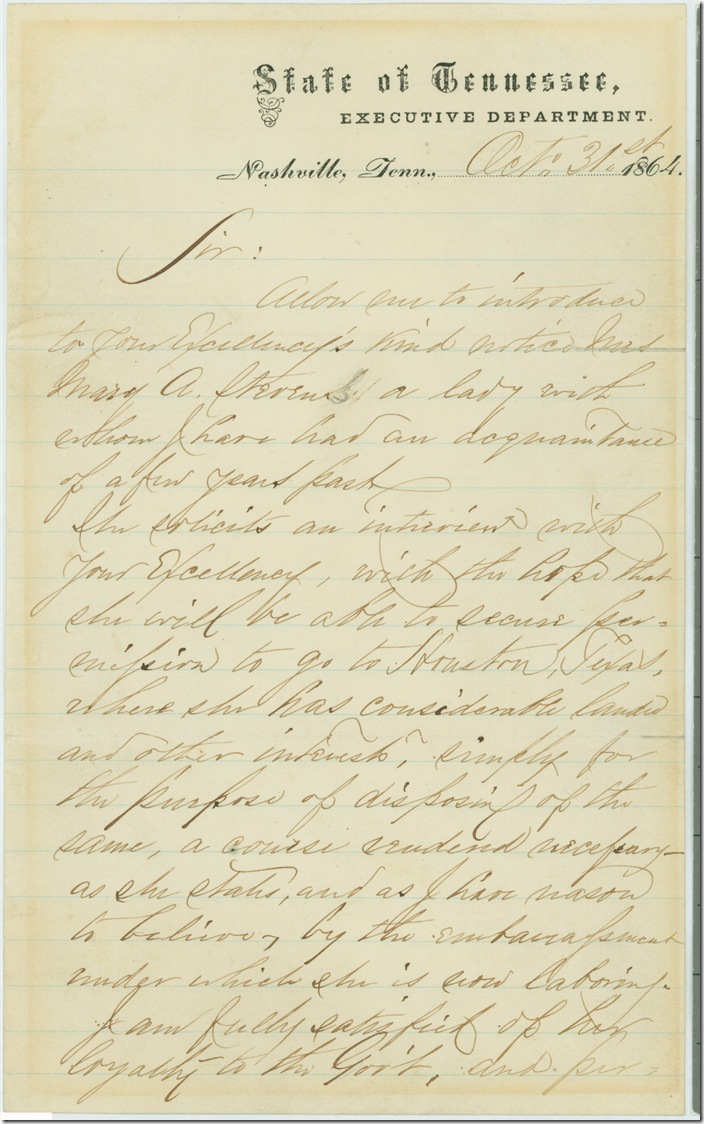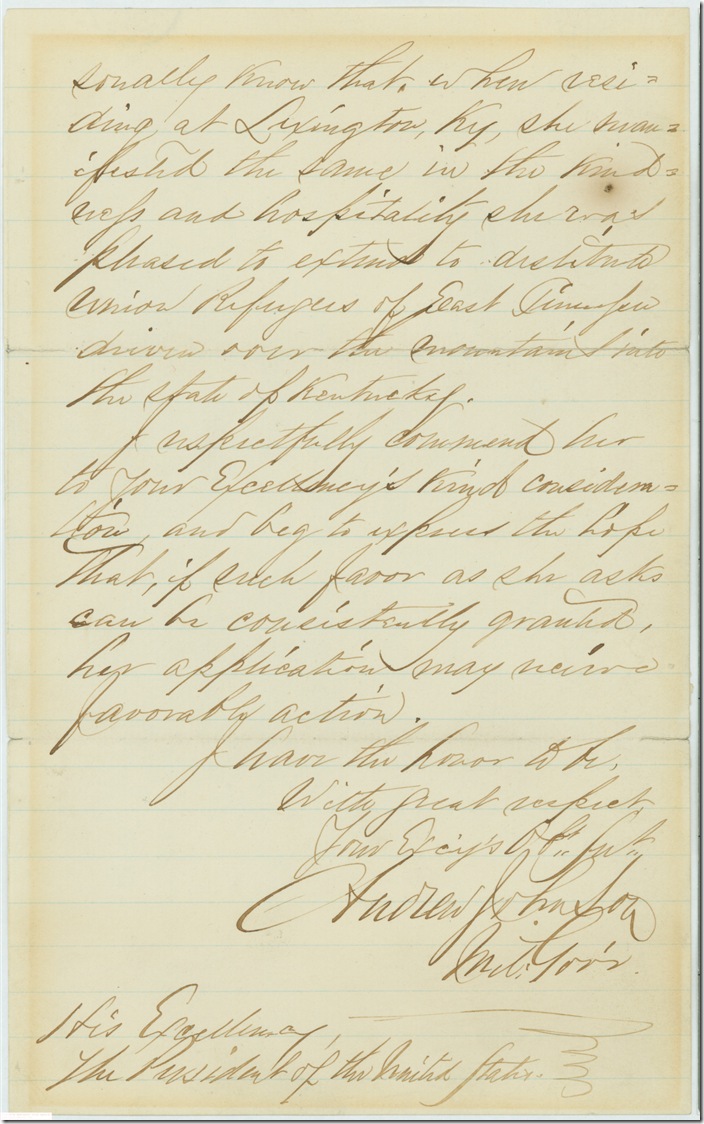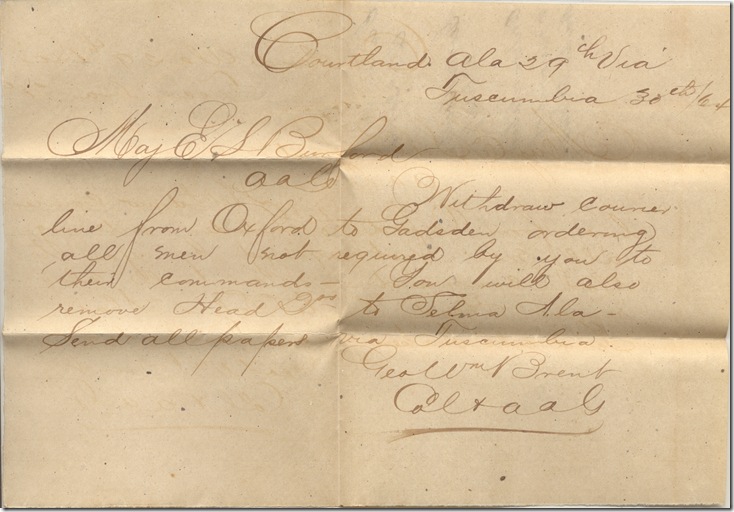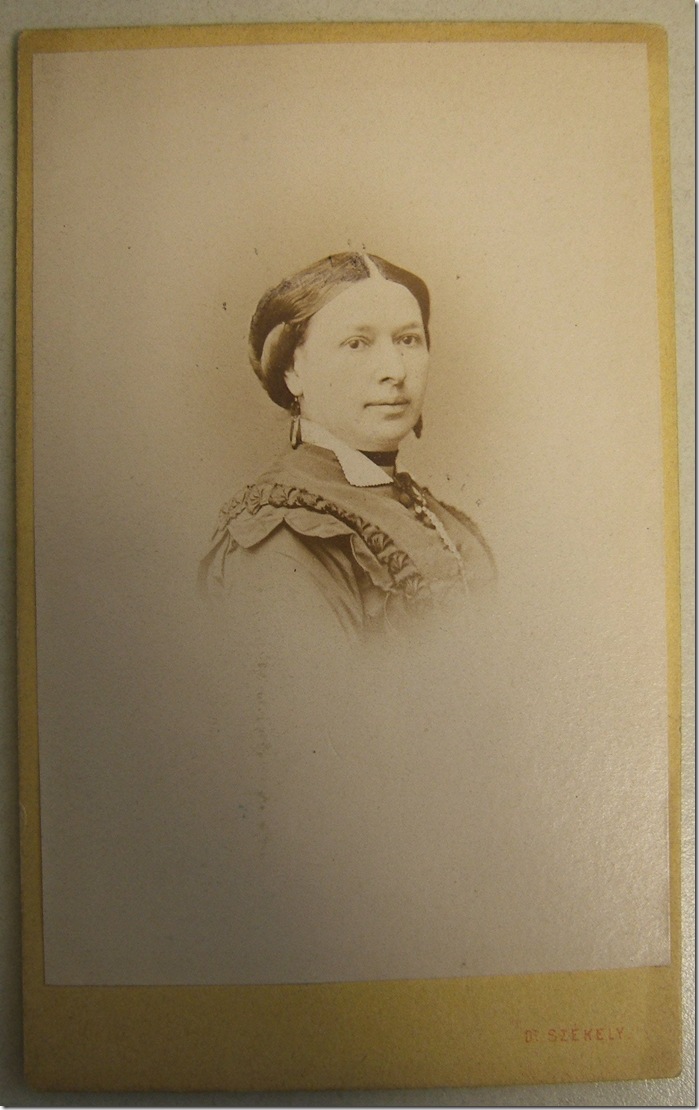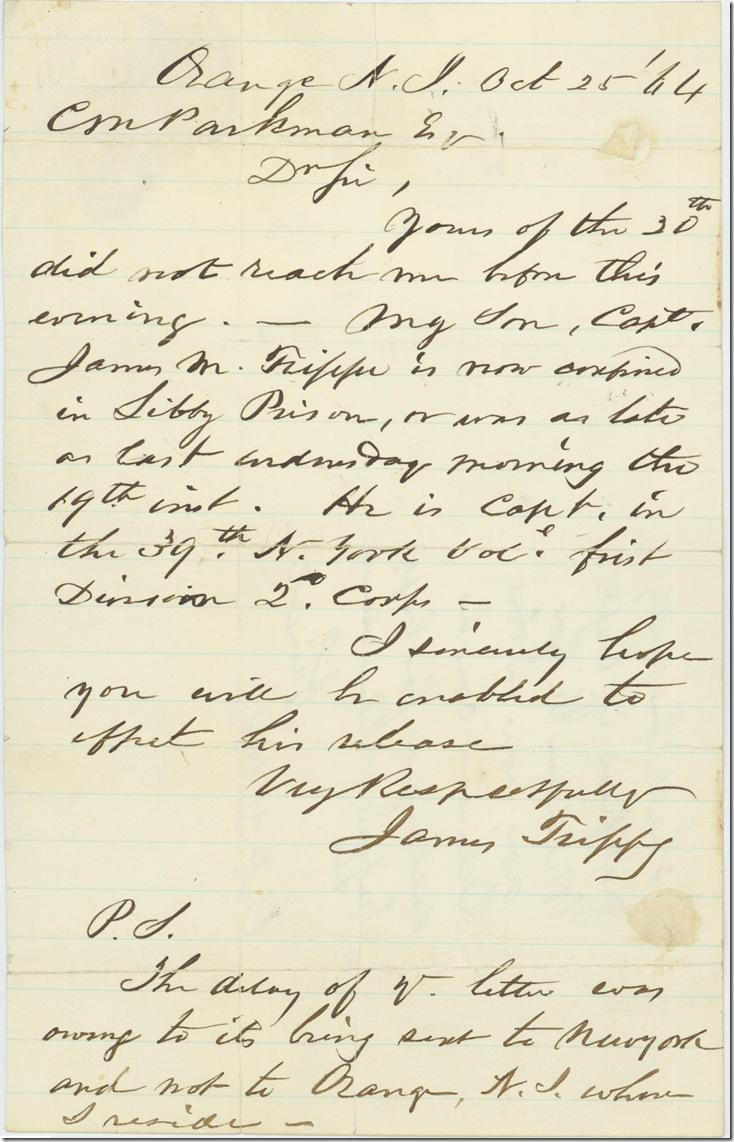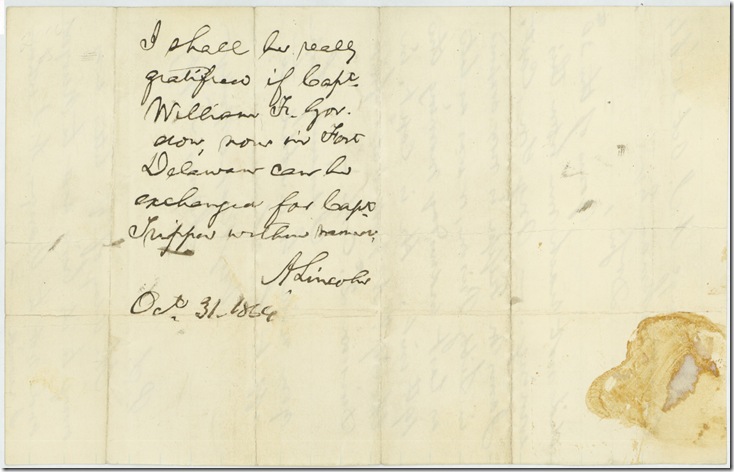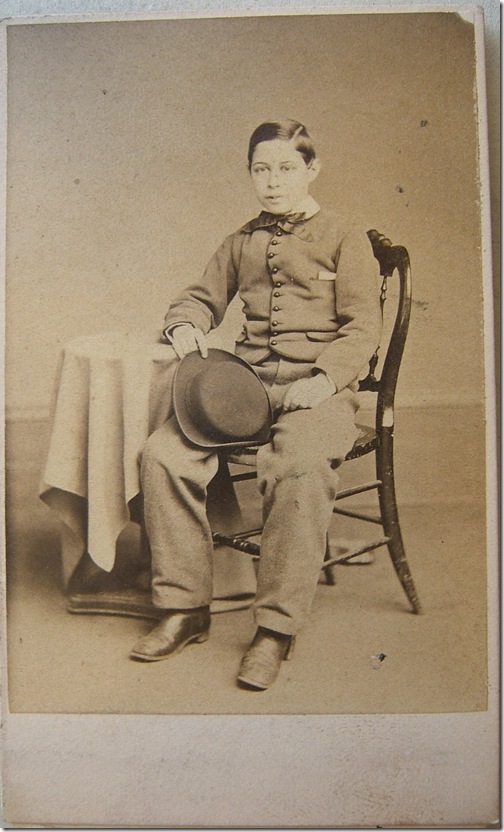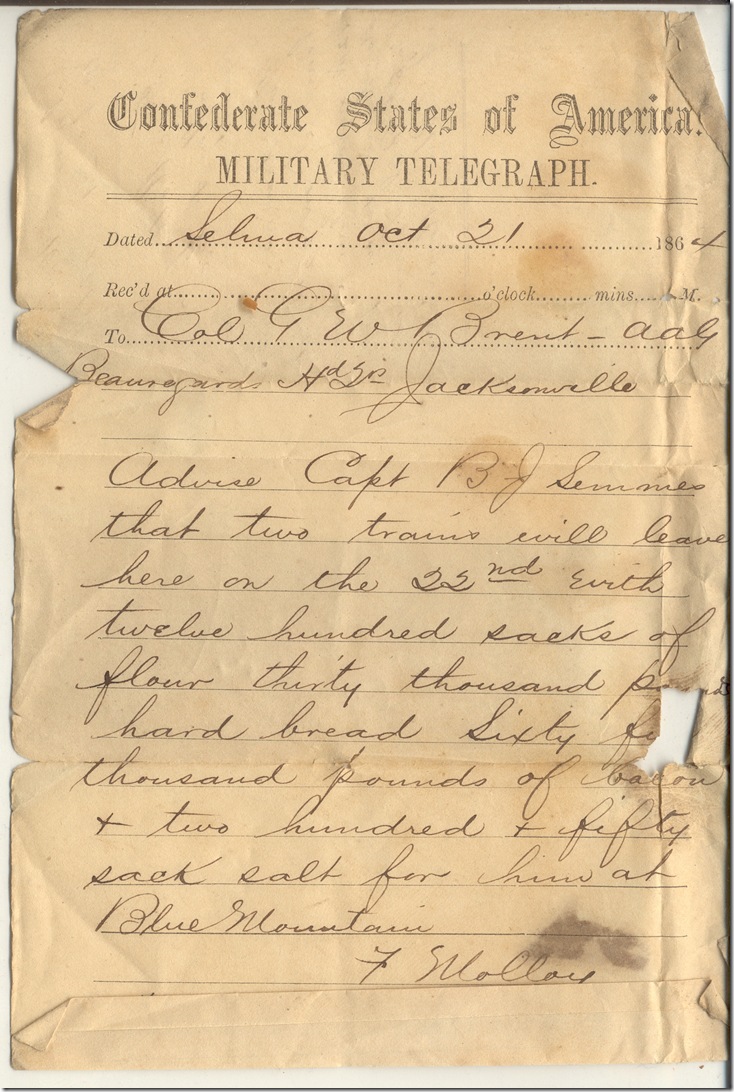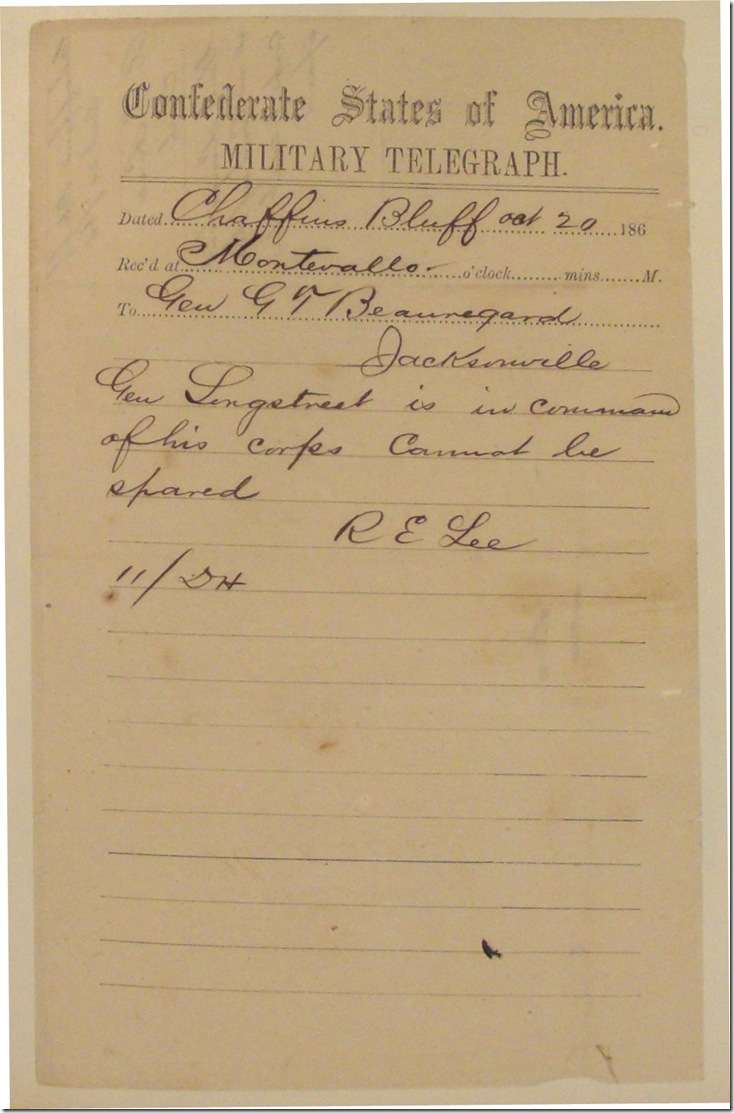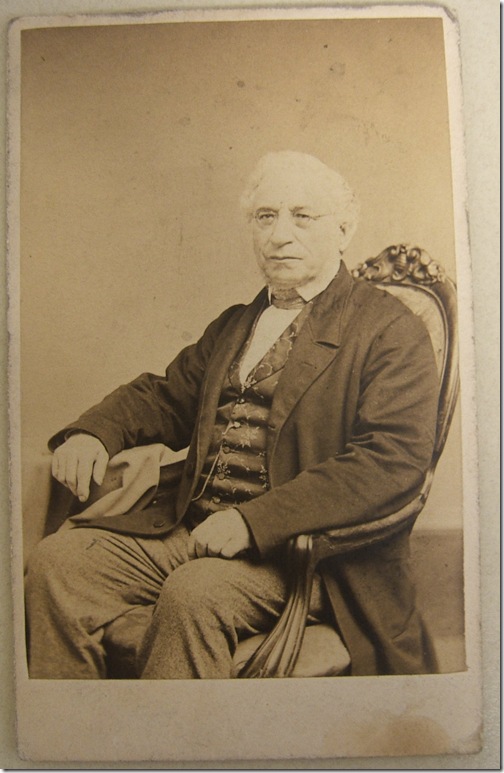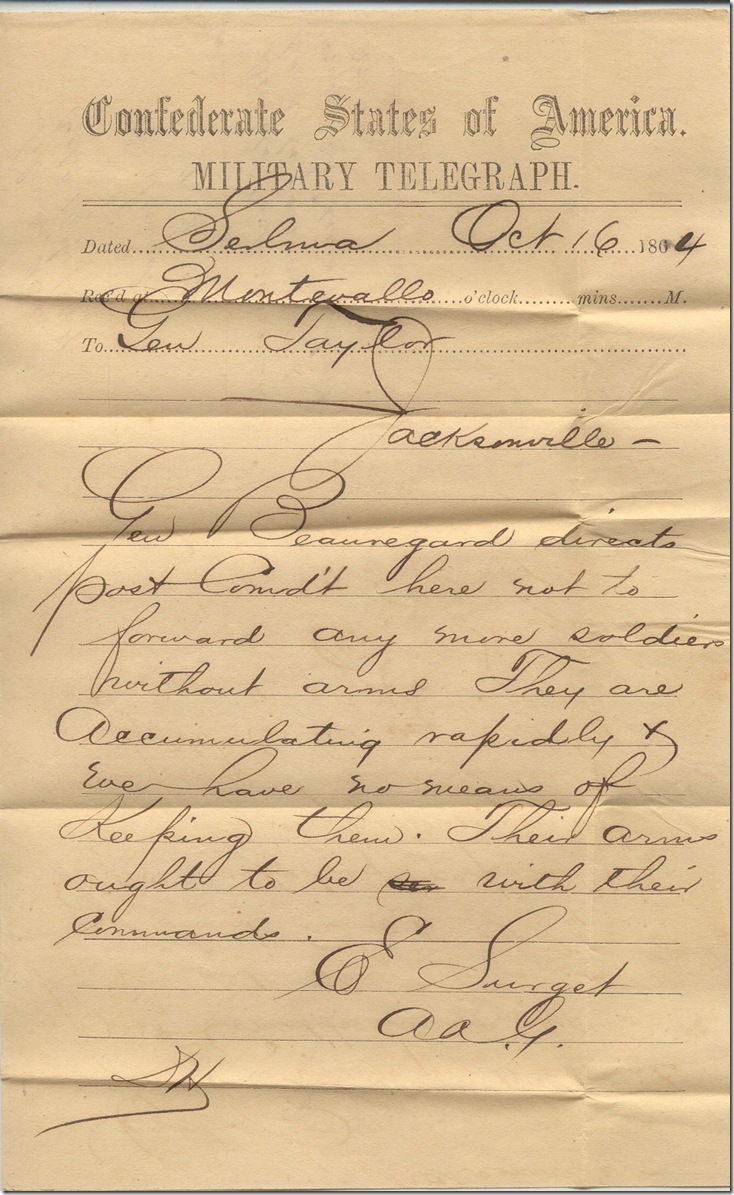Henry and Mary Warner lived in Allegheny City, Pennsylvania, now part of Pittsburgh. They are the great-grandparents of poet Marianne Moore. By the 1860s they had three surviving children: John, Henry, and Anne. Their letters to John, a Presbyterian minister living in Gettysburg, are preserved as part of Marianne Moore’s family papers.
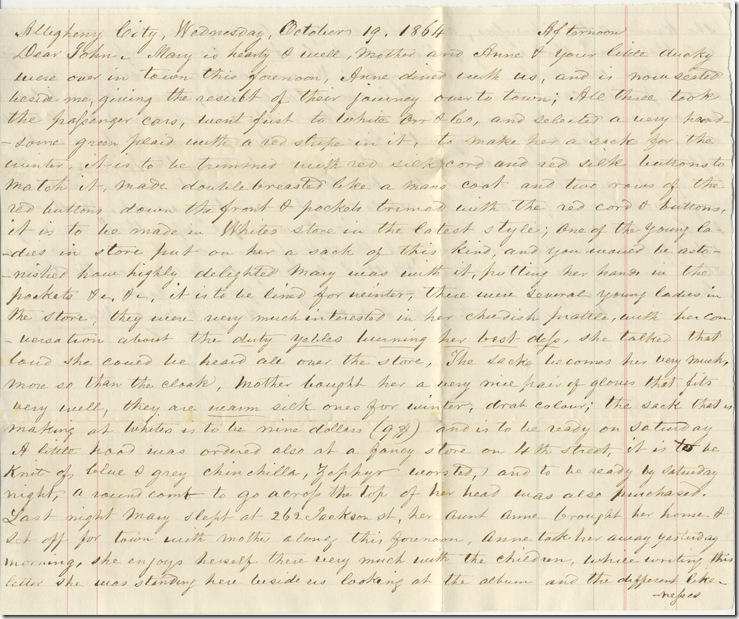
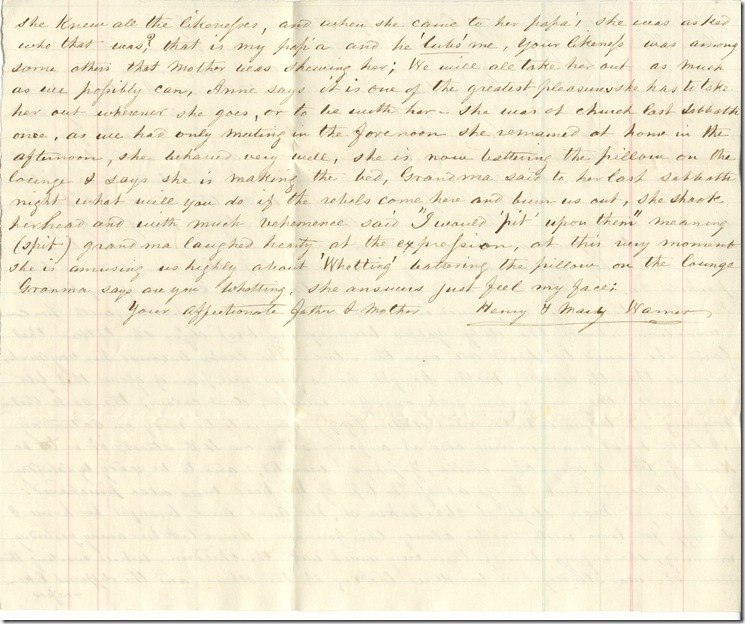
Transcript:
Allegheny City, Wednesday, October 19, 1864 Afternoon
Dear John—Mary is hearty & well, Mother and Anne & your little ducky were over in town this forenoon, Anne dined with us, and is now seated beside me, giving the result of their journey over to town; All three took the passenger cars, went first to White Orr & Co, and selected a very handsome green plaid with a red stripe in it, to make her a sack for the winter, it is to be trimmed with red silk cord and red silk buttons to match it, made double breasted like a mens coat and two rows of the red buttons down the front & pockets trimmed with the red cord & buttons, it is to be made in Whites store in the latest style; One of the young ladies in store put on her a sack of this kind, and you would be astonished how highly delighted Mary was with it, putting her hands in the pockets &c &c, it is to be lined for winter, there were several young ladies in the store, they were very much interested in her childish prattle, with her conversation about the dirty rebels burning her best dress, she talked that loud she could be heard all over the store, The sack becomes her very much, more so than the cloak, Mother bought her a very nice pair of gloves that fits very well, they are warm silk ones for winter, drab colour; the sack that is making at Whites is to be nine dollars (9$) and is to be ready on Saturday. A little hood was ordered also at a fancy store on 4th street, it is to be knit of blue & grey chinchilla, zephyr worsted, and to be ready by Saturday night, a round comb to go across the top of her head was also purchased. Last night Mary slept at 262 Jackson St, her Aunt Anne took her away yesterday morning, she enjoys herself there very much with the children, while writing this letter she was standing here beside us looking at the album and the different likenesses she knew all the likenesses, and when she came to her papa’s, she was asked who that was?, that is my pap’a and he ‘lubs’ me, your likeness was among some others that Mother was shewing her; We will all take her out as much as we possibly can, Anne says it is one of the greatest pleasures she has to take her out wherever she goes, or to be with her—she was at church last Sabbath once, as we had only meeting in the forenoon she remained at home in the afternoon, she behaved very well, she is now battering the pillow on the lounge & says she is making the bed, Grandma said to her last Sabbath night what will you do if the rebels come here and burn us out, she shook her head and with much vehemence said “I would ‘pit’ upon them” meaning (spit) grand ma laughed hearty at the expression, at this very moment she is amusing us highly about ‘Whetting’ battering the pillow on the lounge Grandma says are you whetting, she answers just feel my face;
Your affectionate father & mother Henry & Mary Warner
Citation: Henry and Mary Warner, autograph letter signed to John Riddle Warner. Allegheny City [Pittsburgh], 19 October5 1864. Moore VI:06:10
